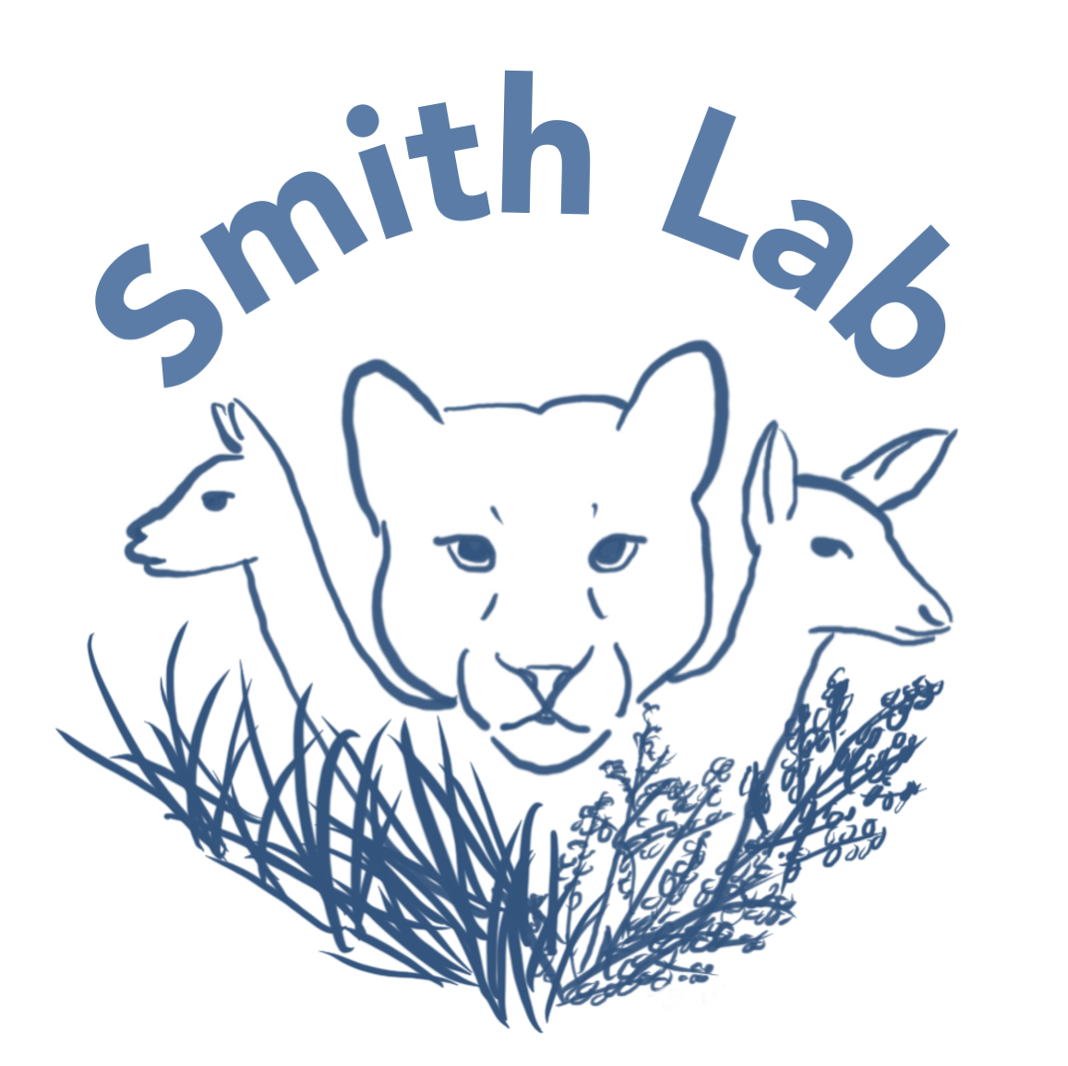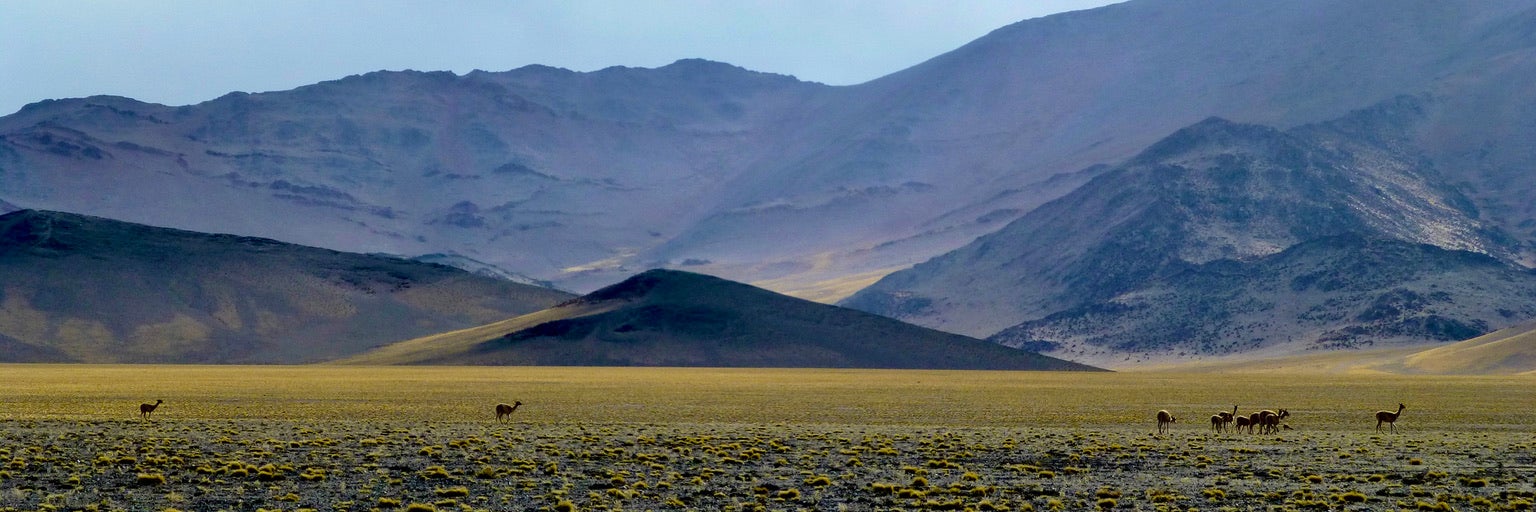Humans dramatically alter the behavior of and interactions between the wildlife species that share our planet. Research in the Smith Lab at UC Davis investigates the indirect effects of humans on wildlife. We examine diverse pathways by which human activities alter ecosystems and the environment, including recreation, development, livestock production, and climate change. By studying wildlife movement, foraging, and risk avoidance, we aim to provide practical approaches to the conservation and management of large vertebrates through the lens of spatial and behavioral ecology.
The Smith Lab is committed to making the study of ecology and conservation safer, more accessible, and more fulfilling for individuals that identify with groups underrepresented in our field.
WHAT WE DO
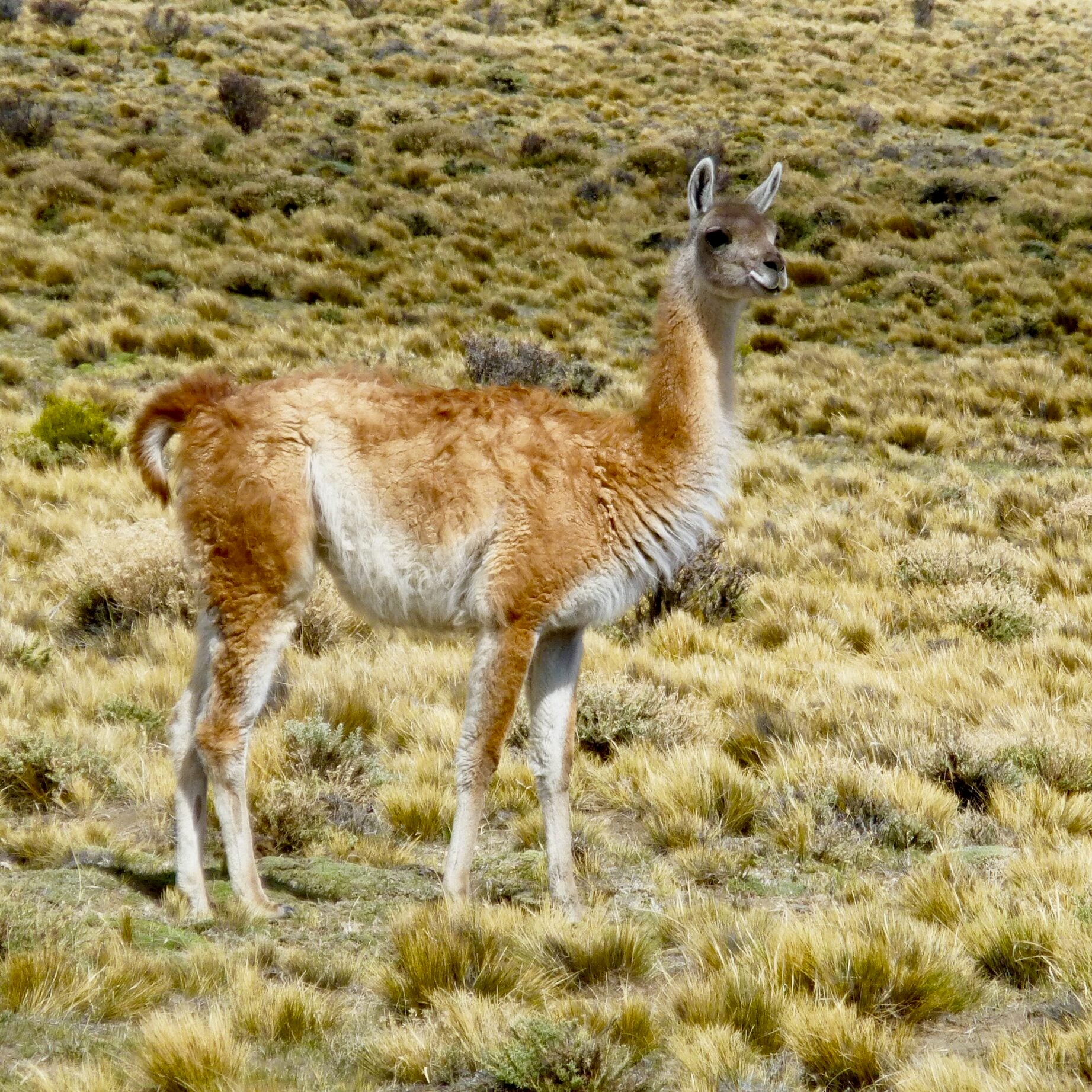
Conservation Ecology in Shared Landscapes
Research in the Smith Lab focuses on how to best preserve the ecological roles of carnivores and herbivores in shared landscapes by investigating human-wildlife interactions and risk effects in both predator and prey.
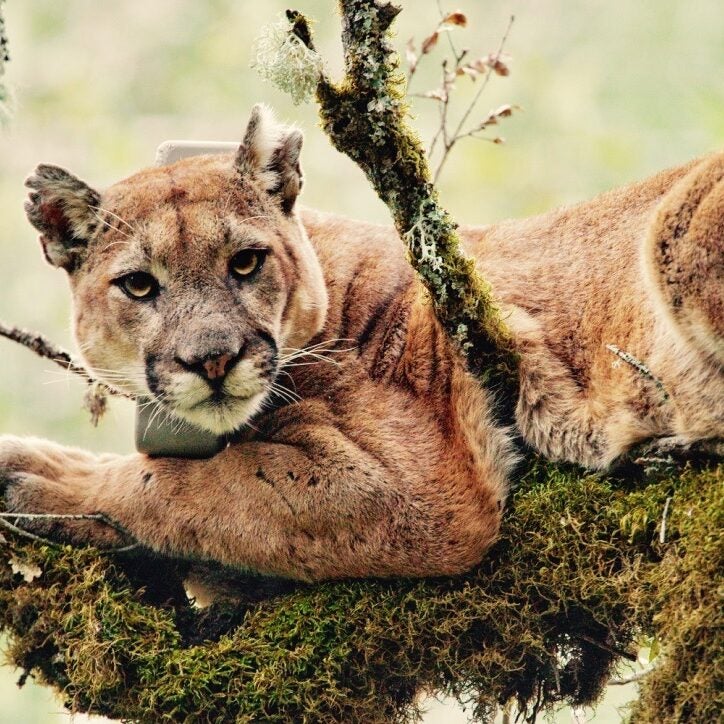
Advancing Methods in Spatial and Behavioral Ecology
We collaborate with scientists across disciplines to employ the most cutting-edge and effective methods available to investigate ecological relationships and conservation solutions.
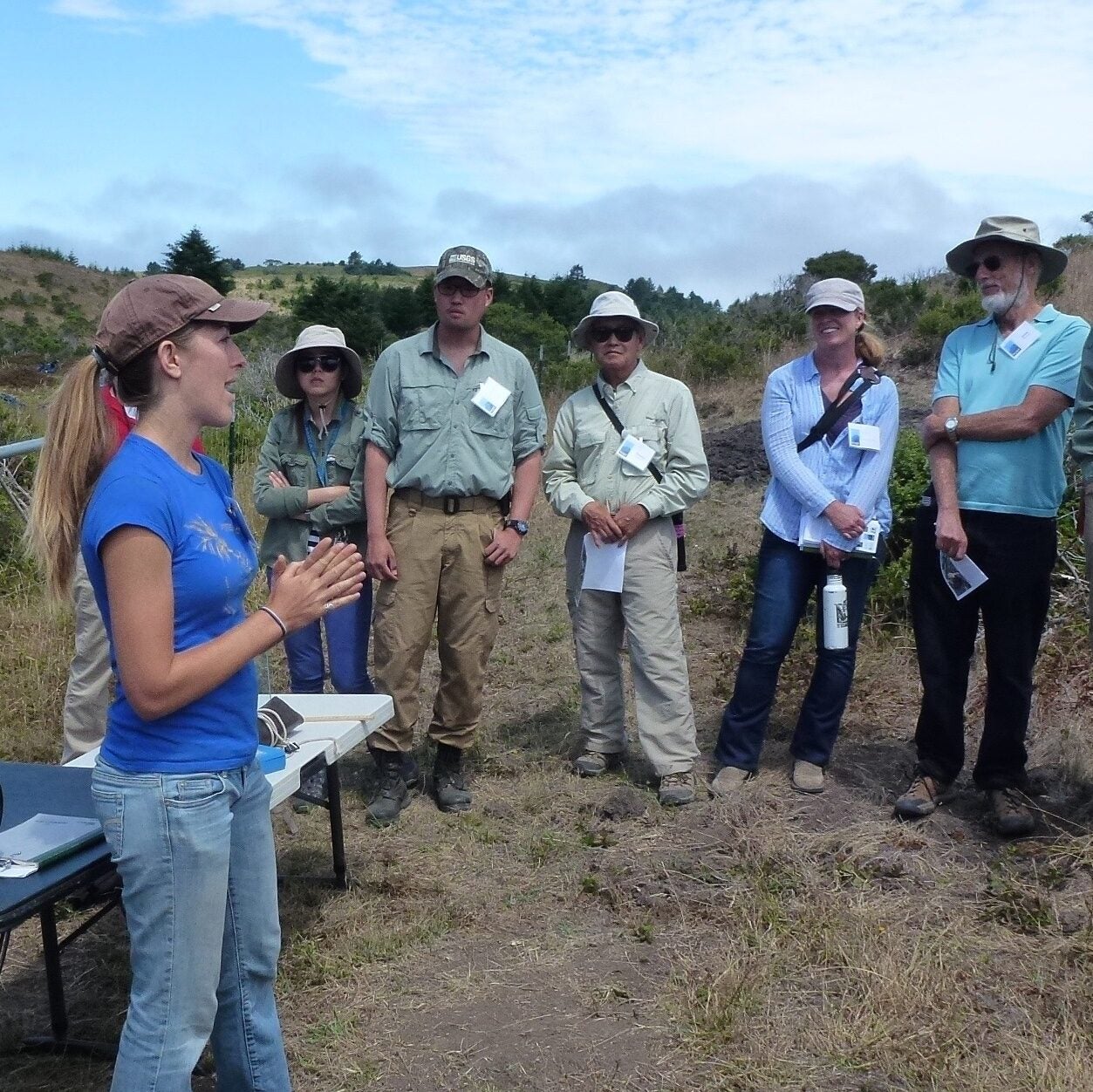
Public Outreach and Collaboration
Our mission as group includes making our research accessible, relatable, and relevant to the public and encouraging public involvement in science.
